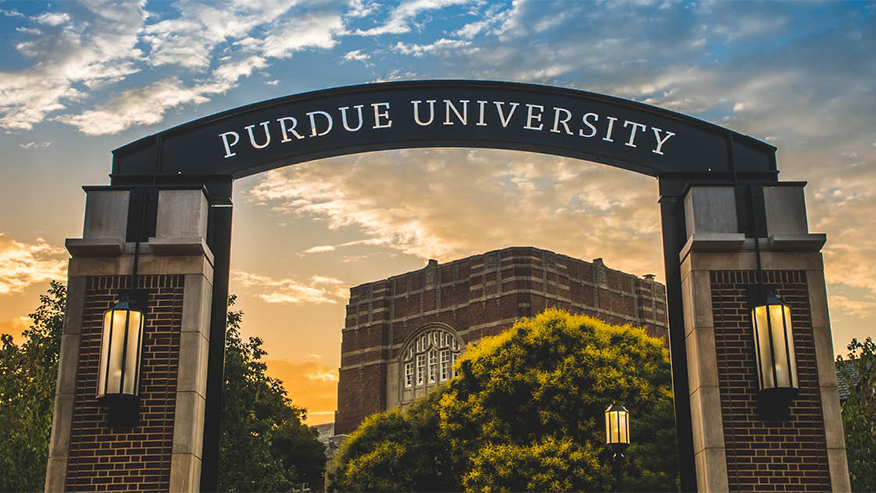
ISCL members perform research at the intersection of data science, applied mathematics, and high-performance computing to enhance the understanding of complex multifidelity and multiphysics phenomena in various applications. In other words - we create science-based AI algorithms for applications in mechanical and aerospace engineering, Earth systems modeling, nuclear fusion, and more. We also run a scientific machine learning seminar series with leading researchers in our area of study - check it out here!
An overview of our various research directions may be found in the following talks (starting oldest first): [1], [2], [3], [4], [5], [6], [7] . Further information about publications can be found on Google Scholar and our software contributions are available on Github. ISCL has access to multiple HPC resources such as Bebop/Swing/Polaris/Aurora/Sophia (at Argonne), Gilbreth/Anvil (Purdue), and Perlmutter (NERSC). ISCL eagerly welcomes possibilities for education, collaboration, and consulting! Feel free to reach out to us for any questions.
News
- Announcing a new preprint from our group, led by Haiwen Guan and collaborative with Prof. Ashesh Chattopadhyay at UC Santa Cruz, on deterministic and probabilistic downscaling of coarse-grained AI Climate emulators. In this work, we show that diffusion-based (probabilistic) downscaling models lead to improved recovery of fine-scaled spatial structures and temporal trends.
- Pleased to announce a new preprint from ISCL related to the discovery of time-lagged causal graphs for dynamical systems using differentiable programming. Read more about this work led by ISCL Postdoc Sourajit Das here.
- Excited to welcome Dr. Yang Xu, from the University of Colorado Boulder as a new postdoctoral fellow in ISCL. Welcome! We also bid a fond farewell to ISCL postdoc Dr. James Henry who has accepted a position as Senior Propulsion Design Engineer at Astro Mechanica. Congrats James!
- Delighted to present an invited seminar at The University of Notre Dame in the Environmental Fluid Dynamics Seminar Series. Thank you to Professor Joe Fernando for the invitation!
- We welcome two new members to our group in January 2026. Dr. Melissa Adrian joins us through the prestigious Lillian Gilbreth Postdoctoral Fellowship and Kanad Sen joins us as a PhD student in the School of Mechanical Engineering. Welcome!
- Our paper on diffusion models for data and model fusion for atmospheric super-resolution is now accepted in IOP Machine Learning: Earth! A preprint can be found here. This is the one of the first demonstrations of using diffusion models to assimilate real-world data for generating reanalysis data.
- See other archived news here.
